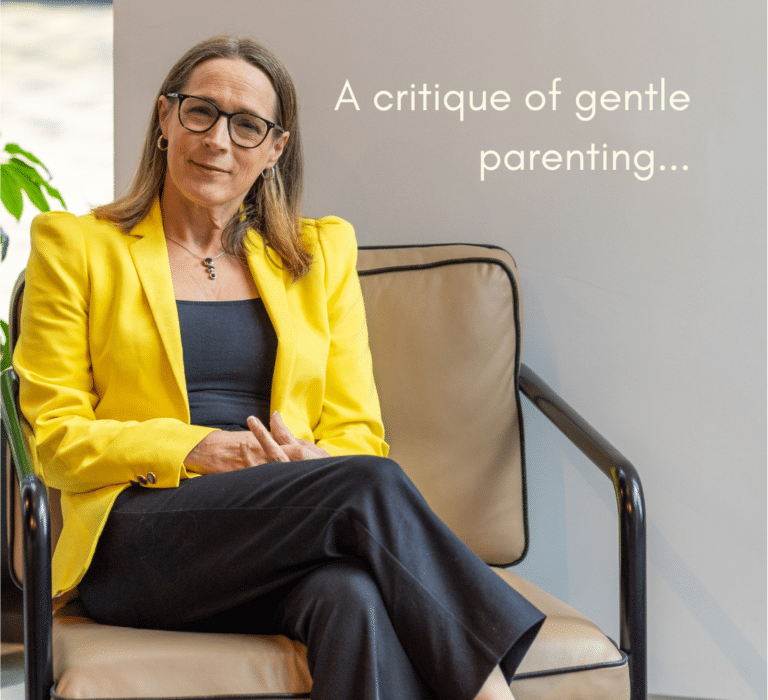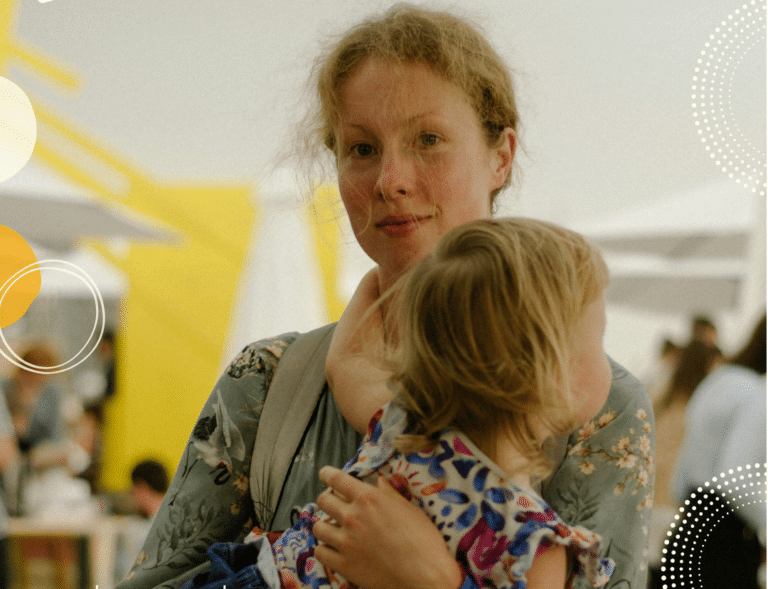When children’s emotions trigger parents’ emotions
“Becoming a parent brings with it a host of overwhelming feelings, both harrowing and beautiful: the surge of pure love when you watch your child sleeping; the tears of joy when they stand on stage and mumble their lines in their first school play; the rush of sheer fear when they aren’t in the place where you expected them to be; the roar of anger that shakes us like a primeval lion/ess when something threatens our child.
Being a parent connects us to a place deep inside us full of need, fear, hope and hurt. We care so much about our children and feel so responsible for them, we are truly vulnerable. It’s not an easy ride.
If you find, despite your best efforts, that your own emotional rollercoaster is particularly volatile or that your child’s daily ups and downs are setting off a parental maelstrom in response, it’s worth stepping back and asking yourself why. What is it about your child’s emotional world that so directly triggers yours?
By interrogating the underlying beliefs that are triggering our big emotional responses, we can sometimes talk back to those thoughts, get a little distance on those reactions and plot an alternative route.
The anxiety to get parenting ‘right’
There are lots of reasons why parents’ emotional responses might get out of hand. Sometimes it stems from an anxiety to get parenting right. Working parents are especially vulnerable to this when we are worried that we are not ‘there’ enough.
Being a working parent feels a lot like trying to run a very long race carrying a very heavy sack. Every day we pick up more information about another worry that needs to be put in our sack – another thing we must or mustn’t do with/for our children.
And when those fears and worries get on top of us, we can tip into over-caring about every detail. We get stuck in the minutiae of our children’s lives and lose sight of the bigger picture.
We overthink every risk and rush around to cushion, arrange and mitigate at every pass. We do too much and miss the point. Everything matters. And when everything matters, everything has the power to tip us over the edge when it goes wrong.
Believing children’s success reflects parenting success
Or perhaps your emotional reactivity springs from another classic efficiency thinking trap, focusing on the performance indicators? Could your volatile parental emotions be because you care just a little too much about your child’s behaviour or achievements? That you want them to get it right, otherwise it feels like you must be getting it wrong?
If you are a high-achieving career-driven parent there is a good chance you locate a fair portion of your self-esteem in evidence of your success. And when that’s the case, it’s easy to place too much value in the badges of our children’s success too (academic/sporting/musical etc).
Maybe you have fallen into the trap of believing that your child’s outcomes validate your worth as a parent? Because, if that’s the case, when anything threatens your child’s success, your panic button is going to get pushed and you are going to take every knockback very personally.
Unpicking the beliefs under our emotions
Riding the parenting rollercoaster means accepting the fundamental but uncomfortable truth that your child is an autonomous individual over whom you have some influence but not control.
Children are not the sum total of our efforts. And we are not the sum total of our children’s successes.
You can’t keep adding more and more to your parenting load. You will just run yourself into the ground or things will start falling out (and they might be important things).
The only sure way to succeed in the working parent race is to lighten the load by focusing on what matters and what’s possible. And that means accepting that your parenting is not the be-all and end-all of your child’s life – you are only one part of their picture.”
This is an edited and abridged excerpt from chapter 13 of my book The Work/Parent Switch (known as The Working Parent’s Survival Guide in USA).
*This post contains affiliate links. That means that if you click through from this post and make a purchase, the Positive Parenting Project will receive a small commission. There is no additional charge to you. This helps us to keep providing free supportive content for our readers. For more info, see Disclosure Notice.







Leave a Reply